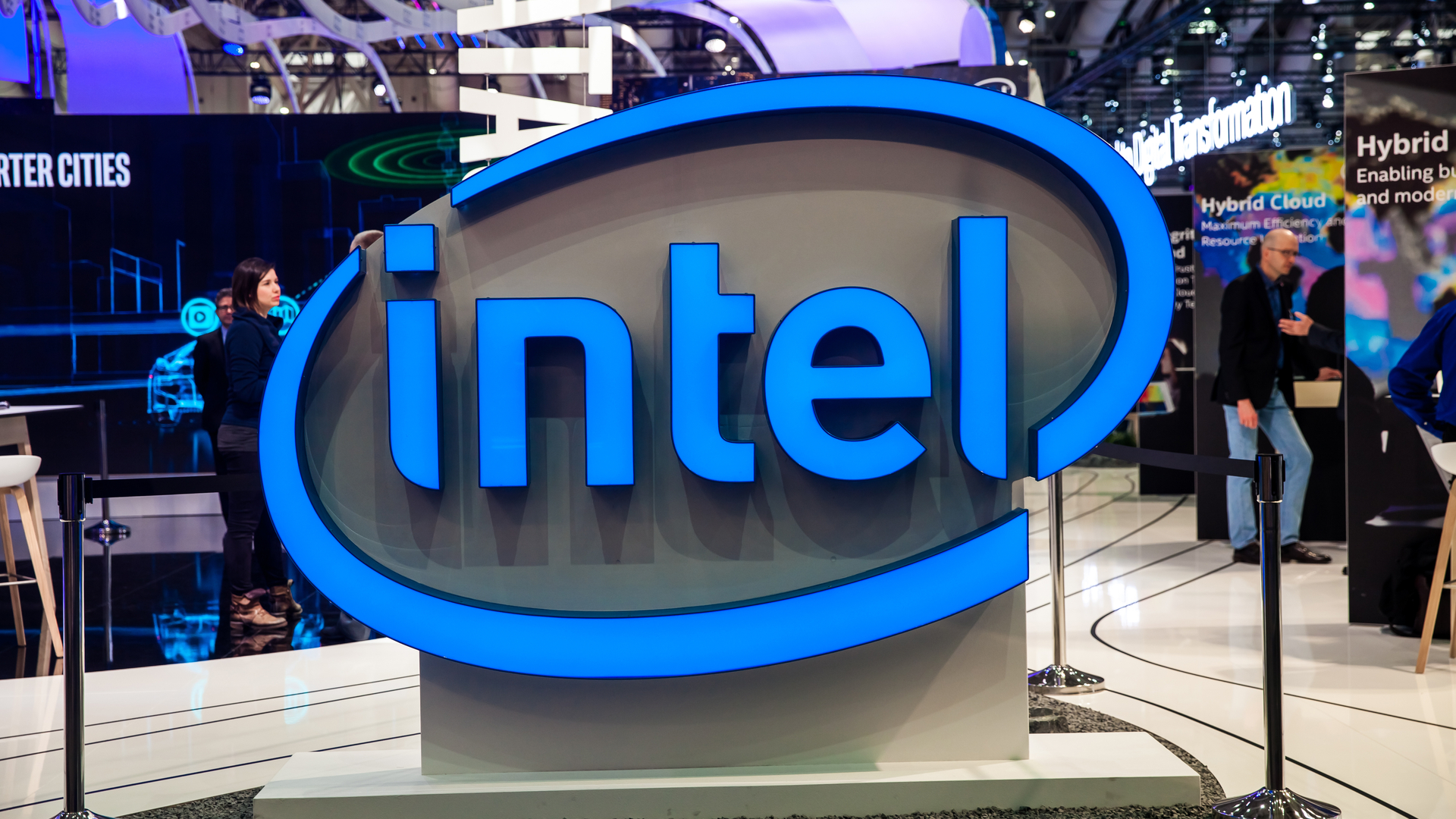The global chip shortage, which has made getting hold of new processors, graphics cards, PS5 and Xbox Series X consoles, and most other devices difficult, looks like it won’t be calming down any time soon, and that’s led to some industry leaders ripping up their plans and trying something riskier.
In several recent earnings calls, the CEOs of Apple, Intel and AMD have all hinted at the challenges the chip shortage has given them and hinted at how the companies are trying to avoid any issues in the future.
First up was Apple’s Tim Cook, who in a Q3 2021 earnings call revealed that “We do have some shortages where demand is so great and beyond our own expectations that it is difficult to get our entire set of parts within the lead times where we try to get those,” and that Apple will “do everything we can to mitigate whatever circumstances we're dealt.”
As Ars Technica reports, those mitigations will likely involve rationing chips, so the more popular products, such as the upcoming iPhone 13, get priorities for the parts Apple can get hold of, at the expense of less popular, or older, devices like Macs and previous generation iPhones.

Gary Hargreaves, Head Technician of refurbished technology provider WeSellTek, agrees, telling us that “Apple will want to secure as many chips as it possibly can get hold of… [and] could lower production on a single model like the Mini to make more Pro Models.”
While it would certainly make sense to prioritise more popular devices to ensure there is more stock available, sacrificing more affordable devices could backfire. For someone who wanted an iPad mini, or an iPhone SE (2020), they may not be too pleased to find they’re instead being pressured into buying a more expensive model instead.
AMD is using a similar tactic. Like Apple, AMD uses TSMC (Taiwan Semiconductor Manufacturing Company) to make its chips, and as that foundry struggles to meet the demands of even its most important clients, it seems like AMD is changing course.
At another investor conference call, AMD CEO Lisa Su said that “We're focusing on the most strategic segments of the PC market,” and that has been interpreted as AMD also rationing chips to its more profitable products.
According to Reuters, Dean McCarron of Mercury Research, which tracks chip market share, suggests that AMD will focus on its more expensive high-end chips, “leaving the lower end of the market to Intel.”
If this is indeed the case, it represents a massive change in tactics for AMD, which has previously seen most of its success in the budget end of the market. Its recent run of success with its new Ryzen 5000 processors shows that it can challenge its historic rival Intel when it comes to high-end processors, but all-but abandoning the budget market, which it once dominated, is supremely risky.
Unlike Apple and AMD, Intel operates its own foundries, so if TSMC’s shortages mean AMD reduces its presence in the budget end of the market, Intel could see a prime opportunity and swoop in.
Analysis: Intel’s time to shine

By running its own foundries, Intel might find it is in the strongest position out of the big three. Recently it has been feeling the pressure thanks to a reinvigorated AMD, while Apple has stopped using Intel processors in most of its computing products in favor of its own M1 chips.
The global chip shortage might take some of that pressure off. Intel CEO Pat Gelsinger told the BBC that the global chip shortage will get worse during the “second half of this year” and could last for a “year or two”.
After a few rocky years for Intel (Gelsinger himself admits that “"we did stumble, we did fall behind to some degree,”) the global chip shortage has refocused the company, and could allow it to play to its strengths.
It's building new foundries that should keep supply of its chips going when others struggle, and by getting more of its products out there – especially in markets its rivals appear to be abandoning – it could reap the rewards.
However, Intel’s plans aren’t without their dangers. Setting up new foundries is expensive and takes time, so if TSMC and other foundries get their acts together and the chip shortage ends, it may be too late to get the full advantage.
These long term plans also don’t address Intel’s current difficulties. It recently announced that its much anticipated 7nm process is once again delayed until 2022. Meanwhile TSMC claims it’ll be producing 2nm chips sometime in 2023, further widening the gap when it comes to performance. TSMC’s 2nm plans come as a response to Intel’s claims that it wants to make “the world’s most advanced semiconductors by 2024” and regain the global chipmaking dominance from TSMC and Samsung.
It looks like the global chip shortage hasn’t impacted the ambitions of chipmakers, then, but there are still plenty of dangers ahead, and that has led to many companies taking some big gambles. Time will tell if these pay off.
- These are the best CPUs of 2021
from TechRadar: computing components news https://ift.tt/3l82E85
via IFTTT
No comments:
Post a Comment